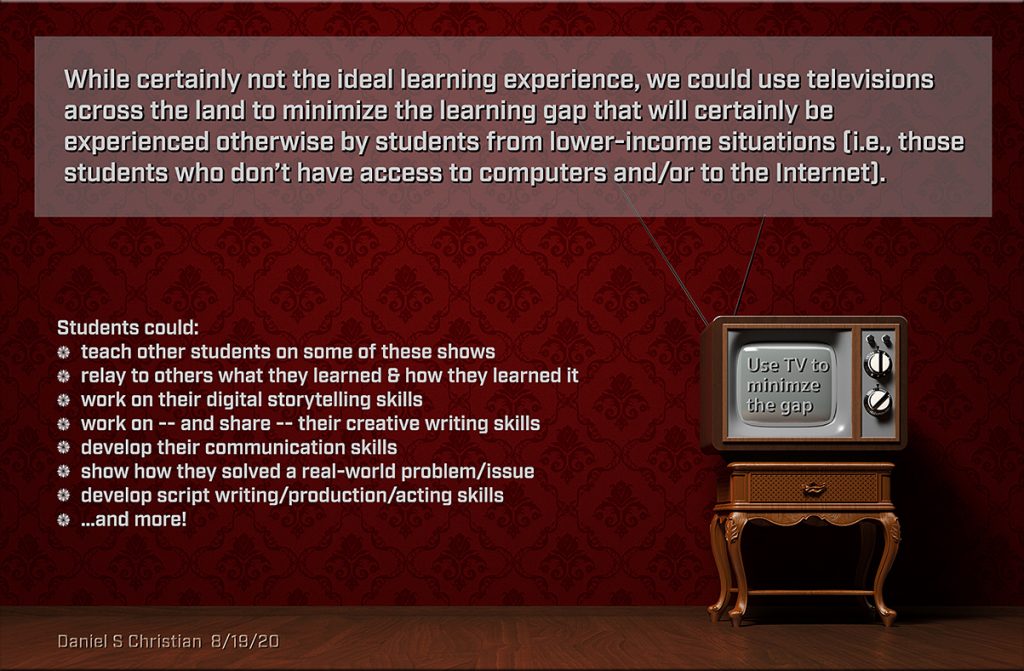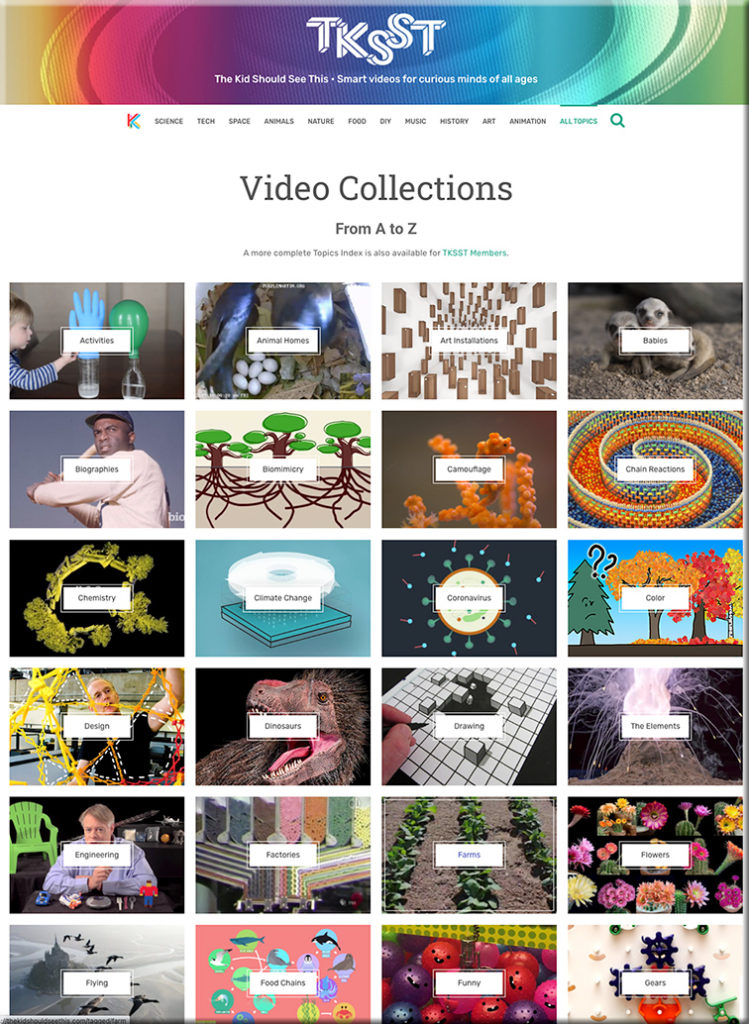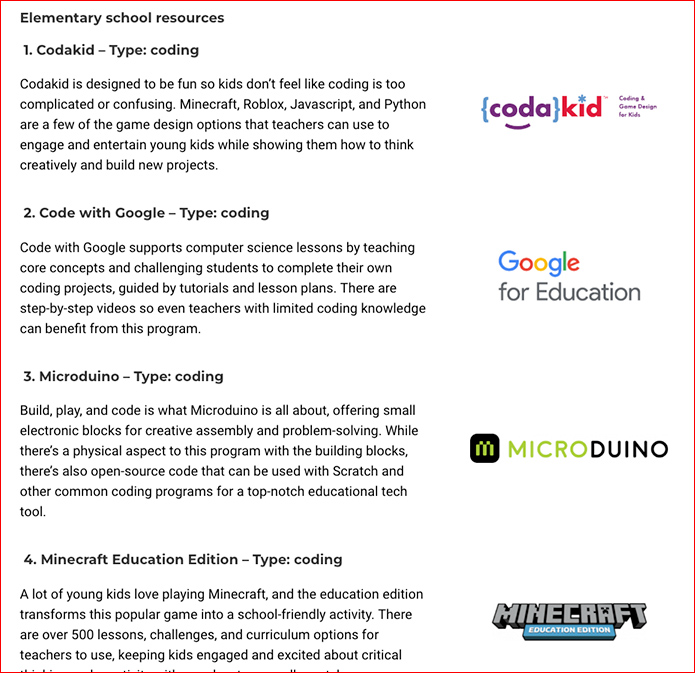CLASSROOM AND AT-HOME ACCOMMODATIONS FOR DYSLEXIA — from thetechedvocate.org by Matthew Lynch
Excerpt:
For most kids of school age, recognizing letters and learning to pronounce them comes as easy as possible. However, for children living with Dyslexia, it is typically an uphill task to achieve. Dyslexia is a reading disorder that impedes a child’s early academic development by significantly decreasing the ability to process graphic symbols, especially where it concerns language. Such children may struggle with language development before school age and experience difficulties learning to spell when they eventually enroll in school. Some symptoms commonly exhibited by dyslexic children include reversed letter and word sequences, weak literacy skills, and poor handwriting.
In all these, the good news for parents and educators with dyslexic children in their care is that with early diagnosis and suitable accommodations, they can learn to read like the other children.
CLASSROOM AND AT-HOME ACCOMMODATIONS FOR DYSCALCULIA — from thetechedvocate.org by Matthew Lynch
Excerpt:
If you have a child struggling with basic math skills and you’ve done everything else to resolve the situation yet it persists, the child might be suffering from Dyscalculia. Dyscalculia is a learning disorder typified by an inability to grasp basic math skills. The peculiar thing about this learning disorder is how it seems only to concern itself with foundational math skills. Lots of people living with this disorder will go on to learn advanced mathematical principles and concepts without any problems. Although manifestations of Dyscalculia will differ from person to person, another symptom commonly associated with the disorder is visual-spatial struggles or difficulty in processing what they hear.
It does not matter whether you are a parent or a teacher; if you are looking for the right accommodations needed to aid students with Dyscalculia, you have come to the right post. These are some steps you can take both in the classroom and at home to ease learning for students with Dyscalculia.
CLASSROOM AND AT-HOME ACCOMMODATIONS FOR DYSNOMIA — from thetechedvocate.org by Matthew Lynch
Excerpt:
When kids struggle with recalling words, numbers, names, etc., off the top of their heads without recourse to a visual or verbal hint, they might likely be suffering from Dysnomia. Dysnomia is a learning disability marked by an inability to recollect essential aspects of the oral or written language.
CLASSROOM AND AT-HOME ACCOMMODATIONS FOR DYSGRAPHIA — from thetechedvocate.org by Matthew Lynch
Excerpt:
Like most learning disabilities, Dysgraphia makes learning difficult for students. In this case, this learning disorder is peculiar to handwriting and motor skills proficiency. Students living with Dysgraphia can suffer from problems ranging from forming letters accordingly, transferring their thoughts onto paper, tying their shoelaces, and zipping a jack. It is pretty standard that Dysgraphia sufferers compensate for their struggles with handwriting by developing remarkable verbal skills. However, this disorder is prone to misdiagnosis. It is due to a lack of sufficient research on the subject.
As a parent or an educator, if you have students who live with Dysgraphia, this post will show you which accommodations you need to put in place to help them learn correctly.
Also relevant/see:
EARLY INTERVENTION: A GUIDE — from thetechedvocate.org by Matthew Lynch
Excerpt:
Educators must effectively identify a student who needs early intervention, whether for autism, learning disorders, or even reading difficulties. The more serious the issue, the more essential early action becomes.















